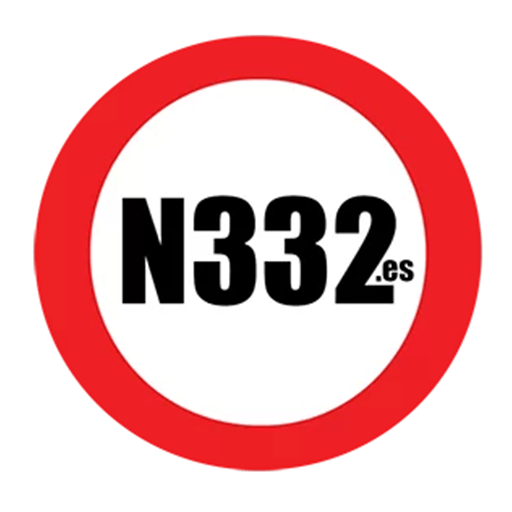We spoke last week about why you should never warn about checkpoints, and how the DGT are stepping up plans to deal with those who do, but a number of questions have arisen about sharing the information on mobile apps.
The first point we have to make is that if you have a mapping app, Google maps or Tomtom for example, and that app tells you about the location of fixed radar cameras, then that is not a problem. In fact, the DGT wants people to know where fixed speed cameras are located and publish them on their own website, as these cameras are in high-risk areas, and the idea is to promote safer behaviour in the areas where they are located.
The problems surround the awareness or sharing of temporary locations of checks, or checkpoints, that is not permitted.
Regarding the sharing of information via mobile apps, we can look at Galicia as an example, the autonomous community in which, by far, the most use is made of this type of applications, where prosecutions have already been successful.
Regarding the sanctions they are not fines processed based on the Traffic and Road Safety Law but based on the Citizen Security Law.
The exact amount of the fine received by the administrators of the two sanctioned WhatsApp groups so far, based on what is established by the Law and since these are serious infractions, amount to between 601 and 3,000 euro. The final amount is calculated based on factors such as the damage caused, the profit obtained or the nature of the infringement.
The big question that arises as a result of all of the above is whether any citizen can be sanctioned for the mere fact of being part of a group or apps that warn of the presence of police controls or being a member of the community.
The response from the Guardia Civil is that “they continue to investigate the association and the social media groups” and that, at first, they plan to “go against the administrators”, but “later also against those who make the notifications directly”.
As we explained last week, the idea of sanctioning those who share the information is not about the desire to collect fines, but in order to preserve the activities of these checkpoints which could be looking for a dangerous fugitive, a drunk or drugged driver, or the victim of a kidnapping, like the French film we reminded you about last week. Or, one of many other reasons with the single aim of keeping everyone as safe as possible.
“We should not downplay the importance of these warnings, which serve to prevent the Security Forces and Bodies from being able to effectively fight against road crime and also common crime, in the current situation of very specialised and violent crime that uses drug trafficking networks”, added the Guardia Civil.
Discover more from N332.es - Driving In Spain
Subscribe to get the latest posts sent to your email.
